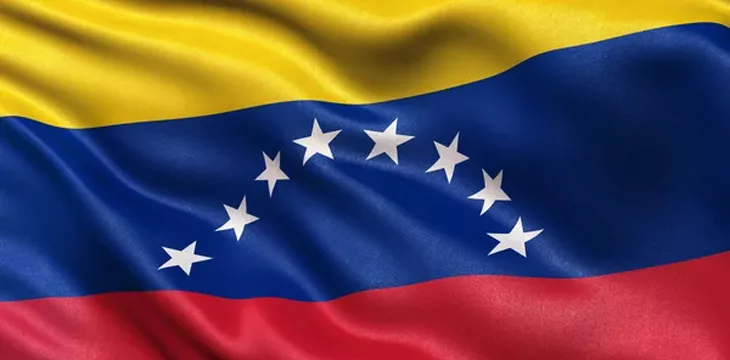|
Getting your Trinity Audio player ready...
|
The Venezuelan government has continued to push for the adoption of its state-issued digital currency. In its latest initiative, the government has proposed the collection of taxes and sanctions using the Petro currency.
The government announced recently that the Bolivarian Council of Mayors has signed the National Tax Harmonization Agreement. The Agreement calls for the implantation of a new information exchange and monitoring system for companies that will allow them to pay taxes in Petro.
Of the 335 municipalities in the country, 305 voted in favor of the agreement, according to the government. At total of 30 municipalities voted against the Agreement, choosing to keep collecting the taxes in fiat. The opponents also pointed out the lack of technology infrastructure in most of the municipalities which will make it difficult for the local governments to collect taxes if the new bill is passed.
Venezuela Vice President Delcy Rodriguez will be in charge of the new tax mechanism. She will implement a single registry of taxpayers through a digital consultation tool, the announcement stated.
Commenting on the proposed new system, Rodriguez said, “It is the simplification of procedures, making the State’s administrative activity at the service of the people more efficient, of the economic sectors that stimulate economic activity in the productive and commercial areas, framed in this week of flexibility that began on Monday.”
The mayors expressed their support for the new mechanism, describing the signing as a historic event. Vargas Mayor José Alejandro Teran said the use of a digital payments system would allow the municipalities to fight induced inflation. It would also ensure the local governments avoid double taxation which is common with the existing fiat system.
Nicolas Maduro’s government has continued to push for the use of the Petro digital currency. In June, the president ordered all gas stations to accept Petro payments. In the past, he has also ordered that public employees receive their Christmas bonus in Petro, with pensioners also being forced to accept the digital currency.
The government’s push has done little to attract the citizens, however. As CoinGeek reported, Venezuelans have been trying desperately to get rid of Petro, with some selling it on P2P platforms at half its price. The merchants have also refused to accept payments in the currency.

 02-22-2026
02-22-2026 




